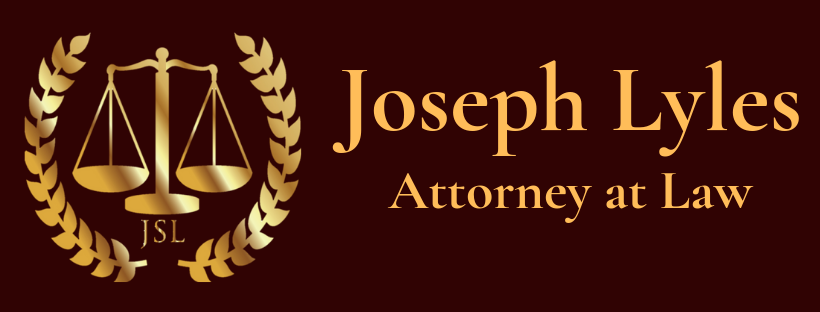Appendix A: Choosing A Lawyer
The best lawyer I ever knew, Ernest J. Howard, said, “Don’t buy your legal services the same way you buy your toilet paper.” What he was referring to were lawyers who advertise on television. While lawyer advertising may seem distasteful to some people, it is here to stay. However, do not simply pick the lawyer who has the most impressive advertisement. It’s advisable to do some research instead.
Ernest J. Howard also used to say, “When you need an operation, you don’t try to do it yourself, you go to a professional, a surgeon.” When you have a legal problem, you should do the same thing: “go to a professional.”
Lawyers, like other professionals, come in all shapes and sizes. There are general practitioners and there are specialists, just as in the medical profession. Also, as in the medical world, a good general practitioner will know when to call in, or send you to, a specialist. In general, a practicing attorney has a good working knowledge of what other local attorneys’ abilities are. For example, an attorney will know who is good at a specialty like labor law and who is good at estate planning, which is why you should cultivate a good relationship with a general practitioner. Your attorney will be invaluable at referring you to a specialist, if and when you need such a referral. On the other hand, there are many legal problems that are easily and efficiently handled by a general practitioner.
One of the biggest and most important variables in legal representation is motivation. No matter how bright and experienced an attorney is, if his heart is not in a case, he will not likely do a good job. Conversely, the annals of legal history are filled with examples of highly motivated but inexperienced attorneys winning big, important cases.
Of course, the ideal lawyer is one who is motivated to help you and intelligent and experienced enough to know the best way to do so. But remember that no matter the talents, energy, or experience of the attorney, if the facts and law are against him or her, the case will likely be lost.
In addition, because legal cases can often drag on for years, you must be able to tolerate your lawyer’s personality. No matter what, an attorney is human and has his own quirks. You will have to divulge personal information to your lawyer if you want him to fully understand your case. And to a lesser or greater extent, you will have to rely on your attorney’s judgment. So choose someone with whom you are comfortable and able to communicate. Don’t be shy about investigating your potential legal representative before you retain him or her. Here are some questions you may want answered:
- How long ago did you graduate from law school?
- What legal experience have you had since then?
- What is your experience with my particular type of case?
- How much experience do you have at jury trials?
- Tell me about the last case you tried before a jury.
- Do you consider yourself a specialist? If so, in what area or field?
- What special training or education have you had in that area?
- What type of work comprises the majority of your practice?
- How will your fees be calculated? Will there be separate charges for your paralegal’s time?
- What are the primary costs you anticipate that I will incur?
If you have a weak case or a case that involves a small amount of money or if your ability to pay is severely limited and your case is not going to produce a fund out of which your attorney can be paid, your choices of attorneys will be limited.
Additionally, if you are unable to afford to hire an attorney and don’t have a contingency fee type of case, you can often obtain representation from a legal services corporation attorney or a pro bono (serving at no cost to the client) attorney. A legal services corporation is an organization, which usually gets some government funding and some private charitable funding, with the purpose of providing free or low-priced representation to indigent clients. Unfortunately, the federal budget cutbacks of the 1980s and ’90s have severely limited the legal services corporations’ ability to represent indigent people, and their attorneys are very selective in what cases they will take.
Most state lawyers’ groups (called Bar Associations) have programs that match indigent clients with attorneys who will represent them pro bono.
